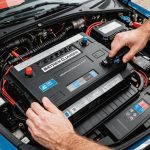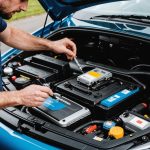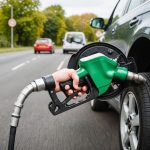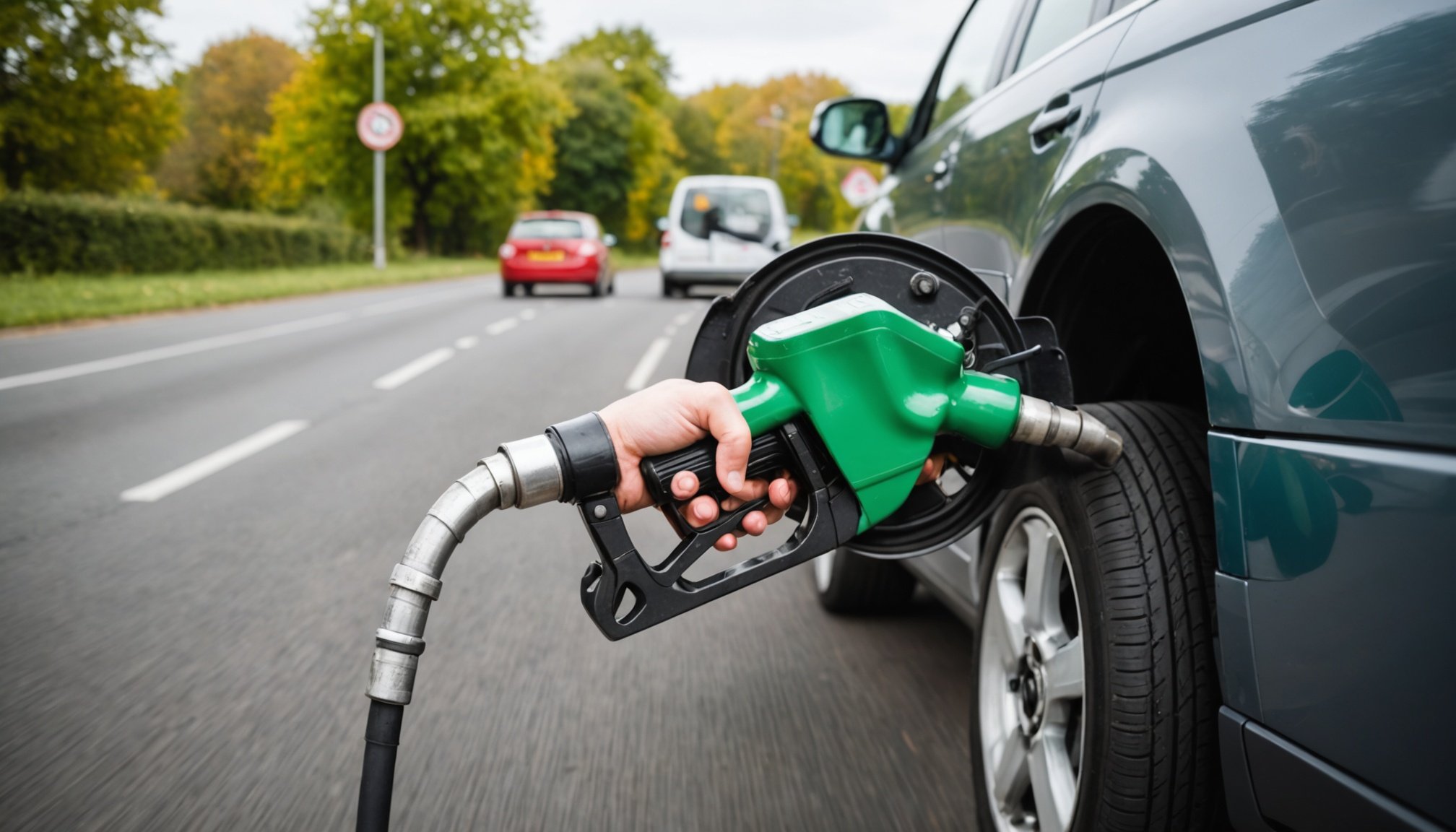As we accelerate towards a future where fuel prices continue to soar and environmental concerns become more pressing, UK drivers find themselves at a pivotal crossroads. For many, the solution seems daunting: switch to an electric or hybrid vehicle. But what if you could extend the efficiency of your current car, saving money and contributing to a greener world? This article unravels the practical strategies you can employ to enhance your vehicle’s fuel economy without any radical changes. Dive in to discover how simple adjustments and mindful driving can significantly reduce your fuel consumption.
Optimizing Driving Techniques
Adapt Your Driving Style
Driving style significantly impacts fuel efficiency. By adopting smoother driving techniques, you can improve your car’s performance and reduce fuel consumption. Accelerate gradually, rather than flooring the pedal, to prevent unnecessary strain on the engine. Consistent speed adjustments and sudden stops can dramatically affect your fuel economy.
Also read : What government incentives are available for purchasing electric vehicles in the UK?
Maintain a Steady Speed
On highways and open roads, cruise control isn’t just a convenience; it’s a fuel-saving ally. Maintaining a steady speed minimizes the frequent acceleration and deceleration that burns more fuel. Aim to drive at speeds between 50-65 mph, where most cars achieve optimal fuel efficiency.
Reduce Idle Time
Idling is a silent fuel guzzler. When your engine runs without driving, fuel is wasted. Modern vehicles are designed to be more efficient when they’re switched off and restarted instead of left running. If you’re stationary for more than a minute, consider turning off the engine.
Also to discover : What are the considerations for importing a vehicle into the UK from abroad?
Mind the Load
An often-overlooked factor is the weight your vehicle carries. Extra weight means more work for your engine, thereby increasing fuel usage. Clear out unnecessary items from your car, and if possible, avoid using roof racks as they create additional drag, further reducing efficiency.
Regular Vehicle Maintenance
Routine Engine Checks
Regular maintenance plays a crucial role in ensuring your vehicle runs efficiently. A well-tuned engine is pivotal. Ensure routine checks to replace air filters, spark plugs, and engine oil. Clogged filters can increase emissions and reduce efficiency by restricting airflow to the engine.
Tyre Pressure Matters
Tyres in good condition and properly inflated can significantly enhance fuel economy. Under-inflated tyres create more resistance, forcing the engine to exert more effort and consume more fuel. Check and adjust tyre pressures regularly to align with the manufacturer’s recommendations.
Alignment and Balancing
Proper tyre alignment and balancing are often neglected but are essential for achieving better fuel efficiency. Misaligned tyres create uneven movements, increasing fuel consumption and causing premature wear.
Emission Controls
Over time, your vehicle’s exhaust system can become compromised. By ensuring emission controls are functioning effectively, you not only meet regulatory standards but also optimize fuel efficiency. Maintain a schedule for emissions inspections and replace defective components promptly.
Leveraging Technology
Utilize In-Car Technology
Most modern vehicles come equipped with systems designed to aid in fuel efficiency. Onboard computers and fuel consumption displays provide real-time feedback about your driving habits. Utilize these tools to monitor and adjust your driving style.
Eco-Mode Settings
Many newer vehicles offer eco-mode settings to help reduce fuel consumption. By limiting acceleration speed and optimizing engine performance, eco-modes can enhance efficiency, particularly in urban settings.
Navigation and Route Planning
Modern GPS systems can do more than just guide you from point A to B. They analyze real-time traffic data to suggest the most efficient routes. Avoiding congestion and long detours reduces fuel usage and travel time.
Mobile Applications
Several mobile apps are available that track and analyze your driving behavior, offering insights to improve efficiency. These platforms can remind you of scheduled maintenance, suggest alternative routes, and provide tips to enhance fuel economy.
Driver Awareness and Education
Educate Yourself and Others
Driver awareness plays a significant role in achieving fuel efficiency. By educating yourselves about the factors influencing fuel consumption, you can make informed decisions. Familiarize yourselves with your vehicle’s manual and understand how specific features can aid in reducing fuel use.
Encourage Fleet-Wide Practices
For businesses managing fleets, implementing driver training programs can result in noteworthy efficiency improvements. Encourage a culture where drivers share tips and experiences to collectively enhance fuel economy.
Behavioral Adjustments
Awareness of how small changes can lead to big savings is crucial. Simple habits like reducing time with the air conditioner running or planning errands to minimize trips can lead to fuel savings.
Set Achievable Goals
Setting realistic goals for fuel efficiency improvements can motivate drivers to adopt better habits. Regularly track fuel usage and consumption patterns to set benchmarks for efficiency.
UK drivers, your journey towards greater fuel efficiency begins with the choices you make every day. Through mindful driving, regular vehicle maintenance, and leveraging modern technologies, you hold the power to reduce fuel consumption significantly. As you continue to adapt and learn, not only will you save on fuel costs, but you’ll also contribute to a more sustainable environment by minimizing emissions. Remember, every small step counts in the drive for efficiency and economy.











